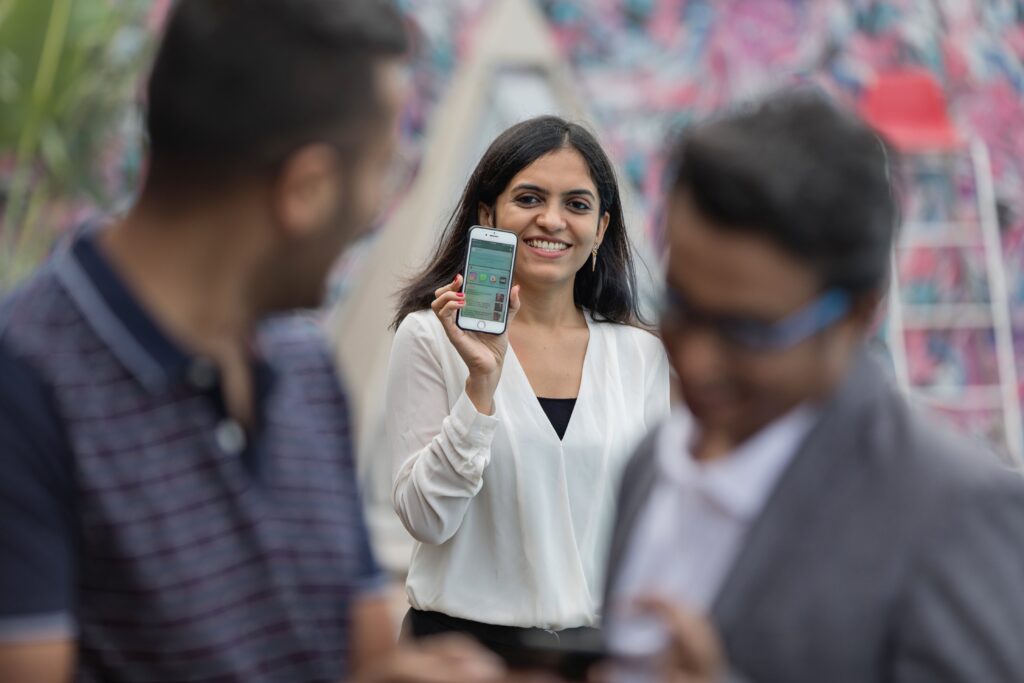Introduction
Does Social Media Influence Our Behaviour ? From what we wear to how we speak, social media platforms like Instagram, YouTube, and Twitter (X) are influencing almost every part of our life. While it keeps us connected and informed, many people now wonder: Is social media shaping us more than we realize?
Context
India has over 800 million social media users, and that number is still rising. From teenagers copying viral trends to adults forming opinions based on reels or tweets, social media clearly affects how we think, behave, and even vote. Psychologists and educators are raising concerns over its deep influence on identity, mental health, and real-life interactions.
✅ Arguments in Favour (YES – It Influences Us Too Much)
Creates unrealistic standards:
People compare their lives with filtered images and curated success stories, often leading to insecurity, anxiety, or low self-worth.
Influences decisions and opinions:
Social media impacts what we buy, what we believe, and even who we vote for — often based on viral trends, not facts.
Highly addictive and time-consuming:
Apps are designed to hook users. Scrolling for hours reduces productivity, damages sleep patterns, and hurts attention span.
Triggers FOMO and peer pressure:
Fear of Missing Out drives people to follow unhealthy trends, overspend, or mimic influencer lifestyles to feel accepted.
Alters communication style:
Instead of meaningful conversations, users now speak in memes, emojis, and short clips — hurting real-world expression and depth.
Impacts teen mental health:
Young minds are especially vulnerable to online bullying, popularity contests, and negative self-image due to excessive social media exposure.
Promotes herd mentality:
One viral opinion can shape millions of views overnight, reducing independent thinking and encouraging mob-like behavior.
Affects self-identity and values:
Many users start living for likes and external validation, rather than focusing on genuine self-worth or long-term goals.
Encourages echo chambers:
Algorithms show us what we already agree with, limiting exposure to diverse ideas and polarizing social discourse.
Blurs line between real and virtual:
Over time, online validation and appearance can matter more than offline actions, changing how people define success or happiness.

❌ Arguments Against (NO – It Depends on Usage)
It’s a tool, not a controller:
Social media only shows what users choose to engage with — ultimately, the responsibility lies with the user.
Boosts awareness and education:
Many people learn new skills, crack exams, or stay updated on global news through quality content available on social platforms.
Empowers creativity and innovation:
Artists, educators, and entrepreneurs use social media to showcase talent, grow businesses, and build new communities.
Supports mental health advocacy:
Social media has made space for discussions around depression, anxiety, and emotional well-being, reducing stigma.
Helps marginalized voices get heard:
Movements like #MeToo or farmer protests found strength and visibility through social media — changing real-world narratives.
Enables networking and opportunity:
Students, professionals, and creators connect with mentors, clients, and jobs through LinkedIn, Instagram, YouTube, etc.
Improves digital expression:
People express themselves through videos, vlogs, or writing — something not everyone could do before the digital age.
Can spark positive habits:
Fitness challenges, reading trends, and study reels have helped thousands adopt better routines and discipline.
Better digital literacy is the key:
Instead of blaming platforms, we should focus on teaching users — especially teens — how to use them wisely.
Provides access to free global exposure:
Earlier, showcasing talent needed money or connections. Today, a single post can reach millions without any cost.
Balanced Conclusion
Social media does influence our behaviour, sometimes more than we realize — but it’s not the villain. It’s how we use it that matters. With proper awareness and digital discipline, social media can be a tool for growth instead of a trap for validation.
Quick Summary
- Yes, social media affects self-image, thinking, and decisions
- But it’s also a tool for learning and self-expression
- Digital balance is the key — not total rejection
FAQs
Q1. How does social media affect teenagers?
Teenagers are more vulnerable to peer pressure, body image issues, and online trends, making them more emotionally affected.
Q2. Can quitting social media improve mental health?
For many people, taking a break from social media improves focus, sleep, and real-life relationships.
Q3. What’s the best way to control social media’s influence?
Set time limits, unfollow negative accounts, focus on real goals, and practice digital mindfulness.
https://www.mcleanhospital.org/essential/it-or-not-social-medias-affecting-your-mental-health
https://www.medicalnewstoday.com/articles/social-media-and-relationships

